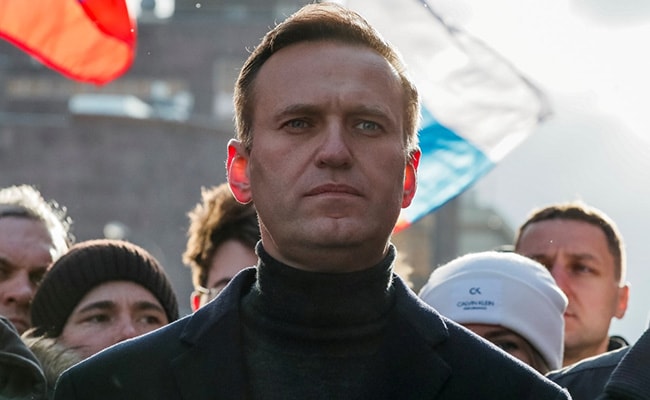

Navalny fell ill on a flight last month and was treated at a Siberian hospital.
Russia on Sunday accused Germany of stalling efforts to investigate the case of opposition politician Alexei Navalny after Berlin demanded that Moscow provide an explanation for his poisoning or it would face sanctions.
Russian Foreign Ministry spokeswoman Maria Zakharova accused German authorities of not responding to a request from Russian prosecutors sent on August 27.
She spoke after German Foreign Minister Heiko Maas said Russia must soon provide an explanation for Navalny’s poisoning with Novichok, a banned nerve agent developed in the Soviet Union.
“Dear Mr. Maas, if the German government is sincere in its statements, then it should be interested in preparing a response to a request from the Russian Prosecutor General’s Office as soon as possible,” Zakharova said.
“So far we are not sure that Germany is not playing a double game,” he added. “Where is the ‘urgency’ you insist on?
“By not sending your reply, Berlin is stalling the investigative process you are calling. By the way?”
Germany, the current head of the European Union, will discuss possible sanctions on Russia for the poisoning of Russian President Vladimir Putin’s main enemy if the Kremlin does not provide an explanation soon, Maas said on Sunday.
Navalny fell ill on a flight last month and was treated at a Siberian hospital before being evacuated to Berlin.
Germany said last week that there was “unequivocal evidence” that the Russian opposition leader had been poisoned with Novichok.
“If in the next few days Russia does not help to clarify what happened, we will be forced to discuss a response with our allies,” Maas told the German daily Bild.
Any sanction that is decided must be “targeted,” he added.
Western leaders and many Russians have expressed horror at what Navalny’s allies say is the first known use of chemical weapons against a high-profile opposition leader on Russian soil.
Earlier this week, Foreign Minister Sergei Lavrov said Russia “had nothing to hide” and the Kremlin said that Russian doctors had found no evidence that Navalny was poisoned.
(Except for the headline, this story has not been edited by NDTV staff and is posted from a syndicated feed.)
.